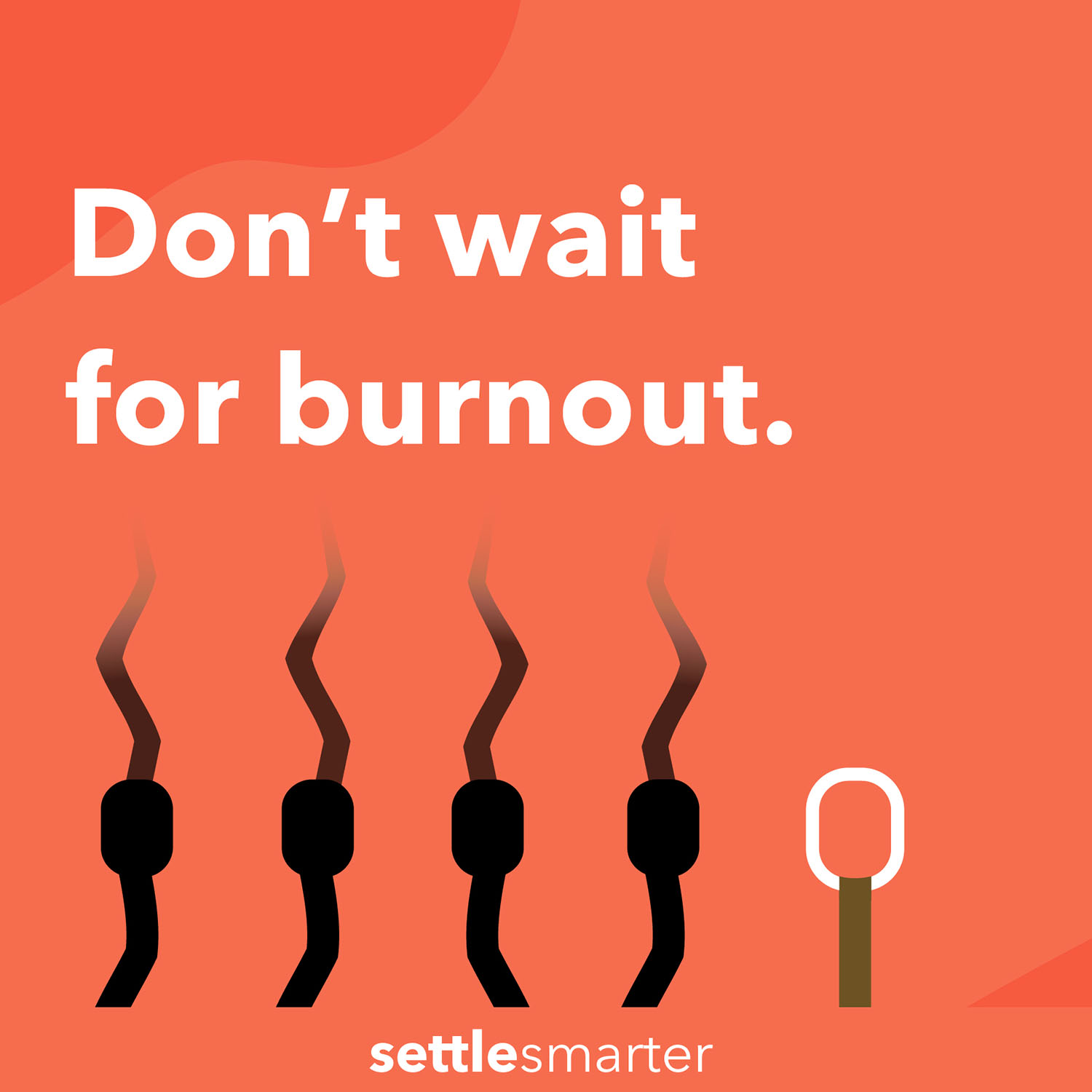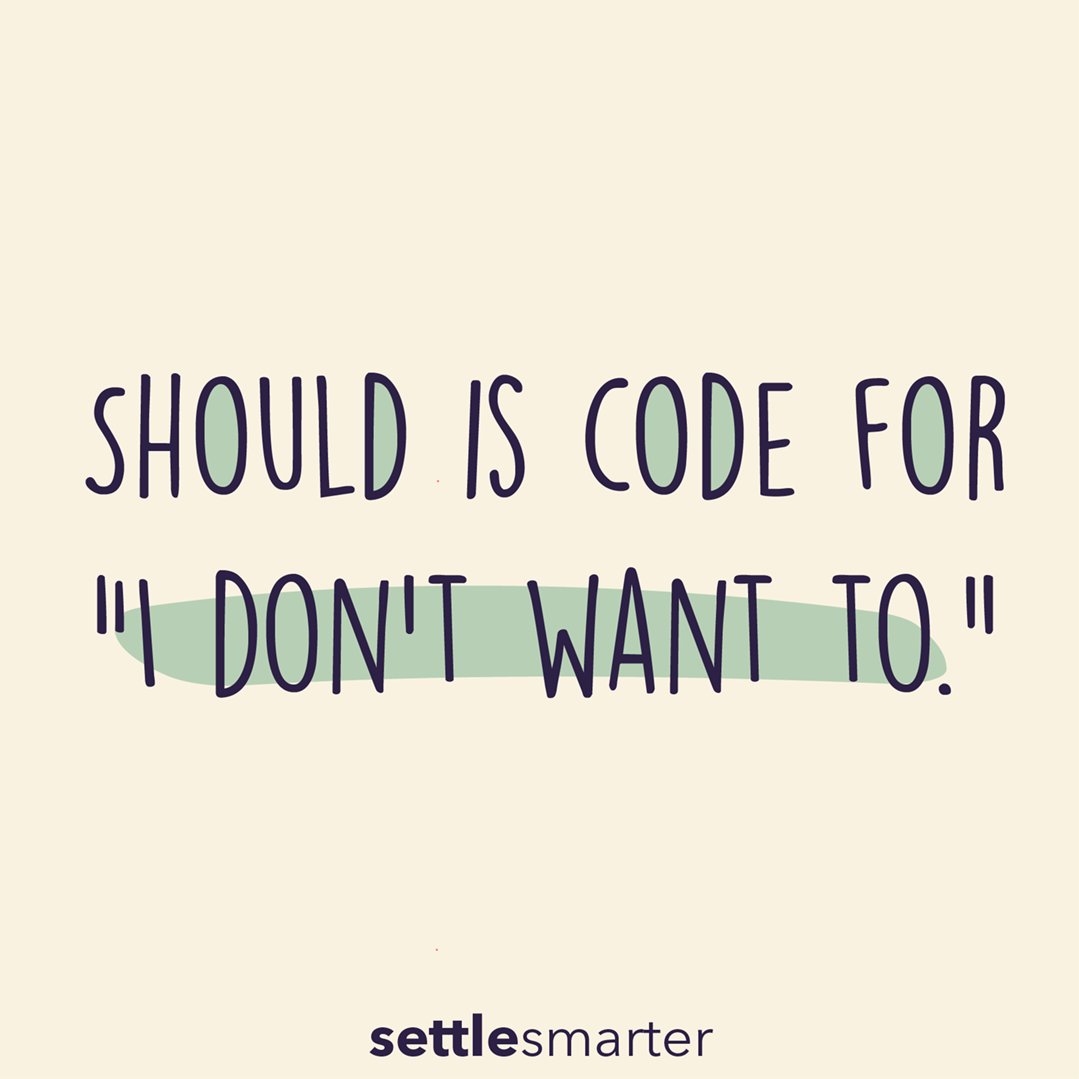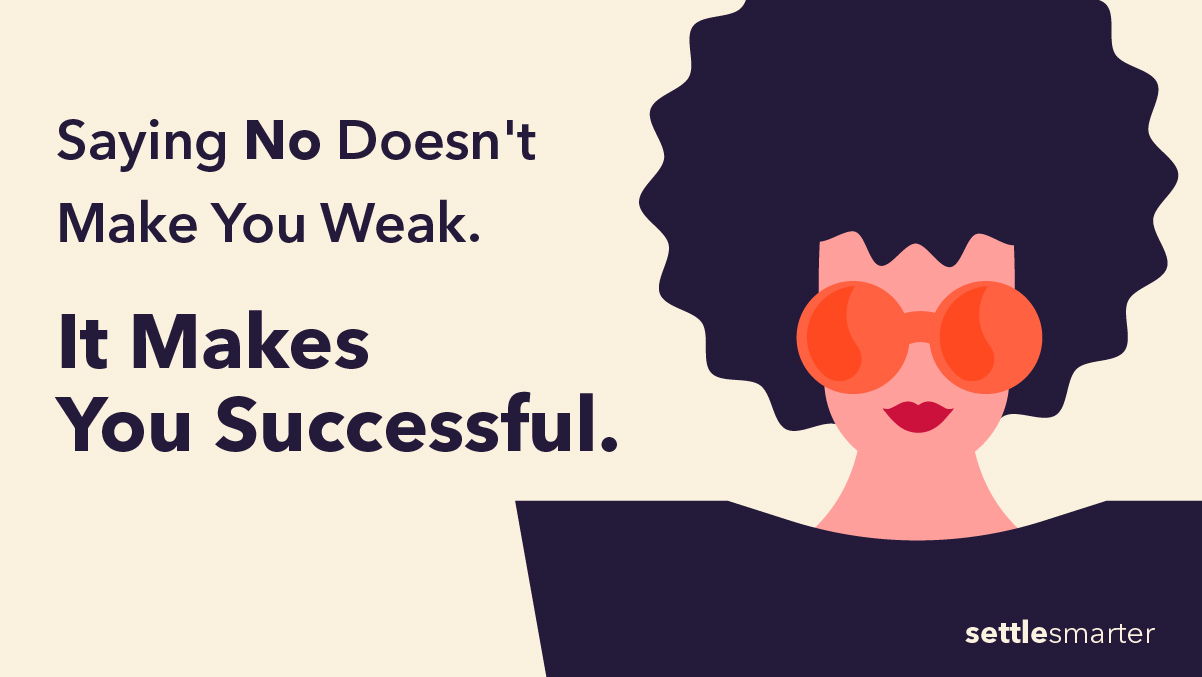Raise your hand if you’ve ever said yes to something that you later regretted. Now, keep it up if you’ve ever said yes to something when you actually meant no.
Hey! Put those hands back up!
The fact is, we’ve all done it. We have all, at some point, accepted a task, project, or party invitation that we knew we didn’t want to do. And we told ourselves fifty different excuses as to why we had to say yes.
But the reality is that we didn’t have to say yes.
Saying “No” to something is communicating your priorities and values to the people around you.
The No to Yes Ratio
You should only be saying one yes to every ten no’s.
That ratio probably scares some of you but you have to do it! I remember I read this in an article ages ago, right as I was struggling with being a single mom, and the ratio definitely frightened me. I thought, “That’s way too much. I can’t say no that often. People will think that I don’t want to do anything.”
But that’s not the case, at all. I decided to give it a shot, and started saying yes only when I meant yes. And the change in my life was so gratifying, it is hard to express.
And I realized, that every leader, from moms (because moms are leaders!) to community leaders to CEOs, needs to adopt this mentality.
Here’s why it makes you super successful. It tells people that you value your time and know what is worth your time and what isn’t. In a strange duality, it also doesn’t waste other people’s time! It removes the disingenuity of saying yes to something that’s actually a no, and feeding the false narrative that you enjoy working on or participating in something, when the reality is very different. See what “the oracles” have to say about it!

Don’t leap at every opportunity that comes your way just because it is in front of you. Be selective and assured that the opportunities, tasks, social gatherings, etc. that you pursue are worth your time and benefit the pursuit of your best self.
While this may sound exceedingly selfish, there is selflessness in selfishness. Taking on things that drain you of your passion and enthusiasm will cause you to stress and burn out much faster. Burn out is bad for you and it trickles down, affecting everyone around you. It’s a lose-lose.
When to Say No
So, how do you know when to say no to an opportunity? Here are 3 guidelines for when you should say no, even though you feel like saying yes.
1. You Feel like You “Should” Say Yes
WARNING: It’s a trap.
Feeling like you should accept the project, the party invitation, the industry conference halfway across the country, is a reason to say no even though you think you should say yes.

Let’s say you take on a large, time-consuming project that your boss proposes to you because you feel like you should. You know this project will bore you to tears, isn’t in the realm of your passion, and will be so time-consuming that it will interfere with your family time. But because of your position, your boss, whatever fictional excuse you find, you feel this is something you should do. By forcing yourself to take on this project, you’re going to stress and burn yourself out as this project that you have zero interest in sucks up your time and energy, leaving you little to no time to spend on the parts of your job that you love and help you grow.
2. They’re Expecting You to Say Yes
Who are “they” anyway? If someone is expecting you to say yes, and you are only saying yes because of that expectation, say no.
Here’s an example.
Your friend invites you to a reunion with your old college buddies. It’s on a Wednesday night, an hour from where you live, and you haven’t talked to any of them in years. The last time you went you didn’t have a good time and you were exhausted at work the next day. You don’t want to go. But your friend hits you with the, “Oh, come on! We’ve all been friends forever. You’re not going to miss this!” So, you allow yourself to be cajoled into saying yes.
Just like last time, it wasn’t worth it. Now they’re going to expect you to go again. It’s a never-ending cycle that benefits no one.
3. It Goes Against Your Individual and Leadership Core Values
“No” communicates your boundaries but to do that, you have to know your boundaries.
Your individual and leadership core values are your ultimate line in the sand. They are what guard your best interests which is why it is so important to rarely, if ever, compromise on them.
Let me give you a personal example of this. I worked for a company that I LOVED. Loved the mission and the vision, and I spent six years of my life helping to grow it and launching new products and services. It was thrilling and rewarding. After we sold that company to a parent company steeped in tradition and super conservative views, I opted out of going to a critical meeting at their headquarters. It was NOT a popular decision by my peers on our executive team. At the time, we found a gracious way to excuse my absence. I really did have a family commitment that would have eaten me up alive had I missed it. The real reason I didn’t go, which ended up being the absolute right thing for me, was more around a mismatch in how we view and treat others in the workplace. I left that company within the year and went on to a culture and value system that fit mine like a glove. Of course, I left on the highest of notes. Don’t burn bridges, simply move out to move up.
The Power of No
“No” is a very powerful word when backed by intent and certainty. By choosing when you say no, you communicate to people your priorities, interests, and boundaries. But it only works if you truly mean no. If you allow yourself to be constantly persuaded to change your mind, your “no” loses its gravitas. It becomes hollow.
Try saying it out loud now. It’s okay if those around you think you’re a little nuts. Live a little. Try it! Say the following:
1. No? (with a soft and unsure voice like a question)
2. No. (with a more firm voice and period at the end)
3. NO! (louder and meaning it with an exclamation)
Which feels best to you? Ideally, and situationally and relatively, you will only ever use version two and three. Let’s dump version one.
Value your time and the time of others. Be honest with yourself about what matters to you and what is worth your time and theirs. Time is a limited resource. Spend it wisely.
Want more? Follow me on Instagram and Twitter @settlesmarter


